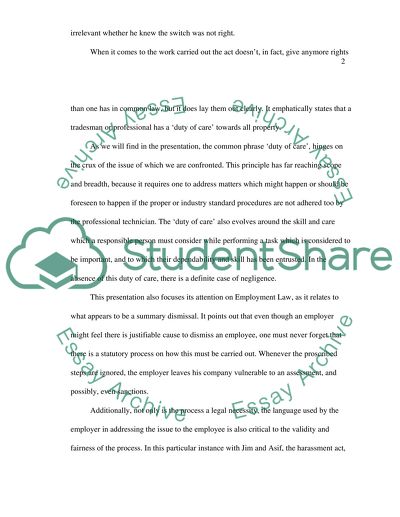Cite this document
(“The supply of goods act Essay Example | Topics and Well Written Essays - 1500 words”, n.d.)
The supply of goods act Essay Example | Topics and Well Written Essays - 1500 words. Retrieved from https://studentshare.org/law/1533173-the-supply-of-goods-act
The supply of goods act Essay Example | Topics and Well Written Essays - 1500 words. Retrieved from https://studentshare.org/law/1533173-the-supply-of-goods-act
(The Supply of Goods Act Essay Example | Topics and Well Written Essays - 1500 Words)
The Supply of Goods Act Essay Example | Topics and Well Written Essays - 1500 Words. https://studentshare.org/law/1533173-the-supply-of-goods-act.
The Supply of Goods Act Essay Example | Topics and Well Written Essays - 1500 Words. https://studentshare.org/law/1533173-the-supply-of-goods-act.
“The Supply of Goods Act Essay Example | Topics and Well Written Essays - 1500 Words”, n.d. https://studentshare.org/law/1533173-the-supply-of-goods-act.


